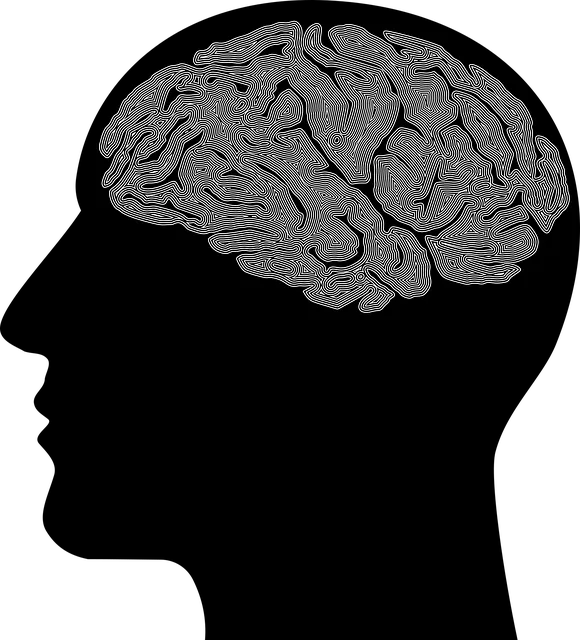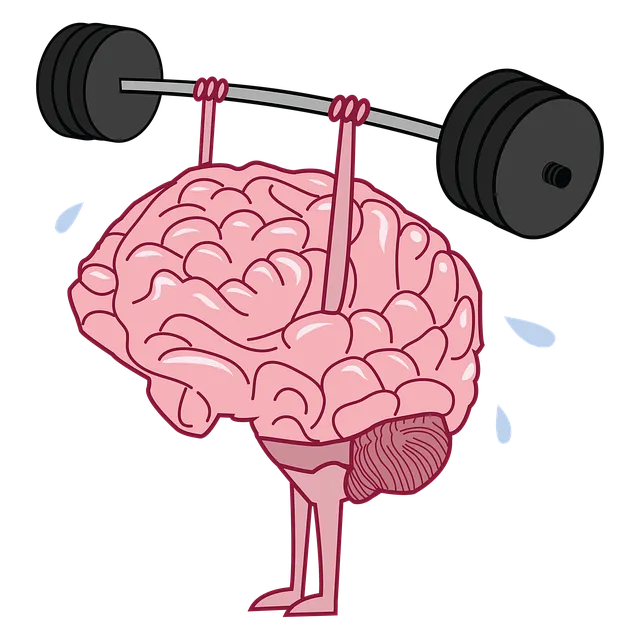In Denver, Kaiser Permanente's pioneering mental health stigma reduction initiatives involve comprehensive training programs that enhance healthcare providers' cultural competency. Interactive workshops equip professionals with tools to address anxiety and stress-related disorders, normalizing conversations about mental wellness. These efforts aim to bridge the gap between patients seeking help and receiving timely, quality care, fostering a supportive ecosystem for open dialogue. Through community engagement and education, these programs empower individuals to recognize distress signs, offer support without judgment, and dispel myths surrounding mental illness, ultimately improving patient outcomes and creating more inclusive healthcare environments in Denver and beyond.
Stigma surrounding mental illness persists, hindering access to quality care. This article explores stigma reduction efforts in Denver, focusing on three key strategies. Firstly, we examine the impact of understanding stigma and its effect on mental health treatment-seeking behavior in the community. Secondly, we highlight Kaiser Permanente’s training programs as innovative steps towards destigmatization. Lastly, we emphasize the importance of community engagement and education for sustaining progress in breaking down barriers to mental healthcare access in Denver.
- Understanding Stigma and Its Impact on Mental Health Care in Denver
- Kaiser Permanente Training Programs: A Step Towards Reducing Stigma
- Community Engagement and Education: Sustaining the Momentum Against Stigma
Understanding Stigma and Its Impact on Mental Health Care in Denver

Stigma surrounding mental illness is a significant barrier to individuals seeking help and receiving quality care. In Denver, efforts to reduce this stigma are crucial for improving access to mental health services. The impact of societal perceptions can be profound, leading many to conceal their struggles and avoid necessary treatment. This hidden crisis exacerbates existing challenges in the mental health care system.
Denver-based organizations like Kaiser Permanente have taken initiative by implementing training programs that focus on promoting understanding and empathy. These programs aim to educate communities about mental wellness, including self-care routine development for better mental health. By fostering an environment where conversations about mental illness are normalized, they also support the growth of mental wellness coaching programs and burnout prevention strategies. Such proactive measures are vital in creating a supportive ecosystem that encourages open dialogue and timely intervention.
Kaiser Permanente Training Programs: A Step Towards Reducing Stigma

Kaiser Permanente training programs in Denver are making significant strides in stigma reduction efforts by prioritizing mental health literacy among healthcare providers. These comprehensive initiatives focus on enhancing cultural competency, fostering an environment where discussions about mental illness can flourish without fear of judgment. Through interactive workshops and educational sessions, medical professionals gain valuable insights into the complexities of mental health conditions, such as anxiety and stress-related disorders.
By equipping healthcare providers with effective communication strategies and enhanced understanding, these programs aim to bridge the gap between patients seeking help and receiving appropriate care. This proactive approach not only facilitates open conversations about mental wellness but also empowers medical staff to offer tailored Anxiety Relief and Stress Reduction Methods, ultimately improving patient outcomes and fostering a more inclusive healthcare environment in Denver and beyond.
Community Engagement and Education: Sustaining the Momentum Against Stigma

Community engagement and education play a pivotal role in sustaining the momentum against mental illness stigma. Organizations like Kaiser Permanente Denver have taken the lead by implementing comprehensive training programs that equip individuals with knowledge about mental health conditions, fostering empathy and breaking down barriers. These initiatives often include interactive workshops and discussions aimed at normalizing conversations around mental well-being. By integrating topics such as stress management, self-care practices, and coping strategies into community settings, they empower people to recognize the signs of distress and offer support without judgment.
The impact of these efforts extends beyond individual interactions. They contribute to a broader cultural shift where understanding and compassion for those facing mental health challenges become the norm. Through sustained engagement, communities can dispel myths, challenge stereotypes, and create safe spaces for individuals to seek help. By embracing education as a tool, organizations like Kaiser Permanente Denver are revolutionizing perceptions and paving the way for more inclusive support systems.
Efforts to reduce mental illness stigma in Denver, such as Kaiser Permanente’s training programs, Community Engagement, and Education initiatives, are vital steps towards creating a more inclusive environment. By addressing the pervasive impact of stigma on mental health care access and outcomes, these efforts foster understanding and empathy within the community. Ultimately, these strategies pave the way for improved support and resources for those facing mental health challenges in Denver.






